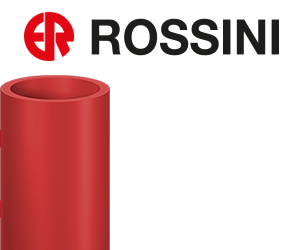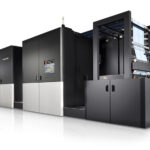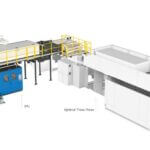According to a recent study conducted by Lloyd Register Energy, additive manufacturing, more commonly known as 3D printing, is set to grow by +390% in the next seven years.
Its impact on the environment, starting with fossil fuel consumption, will thus be significant and should be controlled and guided. Nor is it the only challenge for a sector that today is busy defining the necessary standards to guarantee the reliability of 3D printed products. On the table are quality and uniformity, long term performance, integrity of data and intellectual property, in addition to critical points in the assembly phase and, last but not least, environmental impact.
Considering the complexity and novelty of the processes underway, Lloyd Register Energy of London has implemented a joint industry project (JIP), open to any enterprises able to collaborate in the identification of problems and solutions. An industry operation, then, in which suppliers of machines and materials, manufacturers, end users and research organizations are invited to offer their contributions in order to define well-founded and effective standards.













